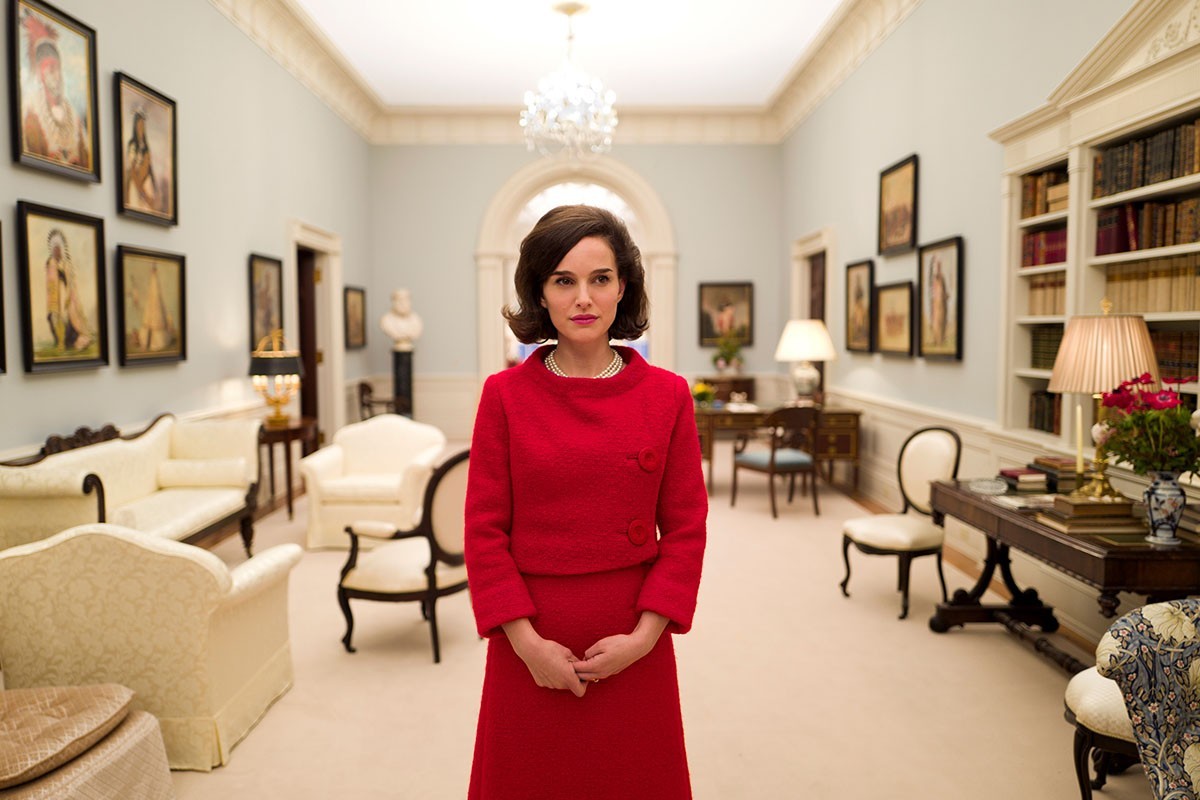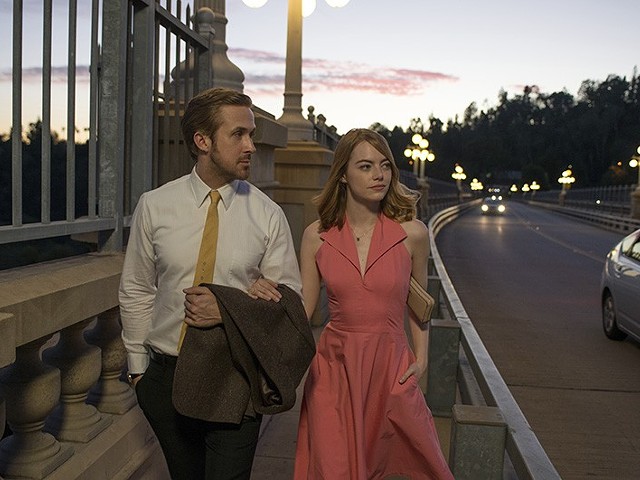She was the most famous woman in the world. For most of the 1960s, magazines like Photoplay and Screen Stories, which had previously devoted their attention to the romantic entanglements of Liz and Debbie (and Dick and Eddie; mix as needed), turned their covers over to a woman who had never appeared in a film, never sought celebrity and, while not exactly pursuing a Garbo-like level of isolation, did nothing to embrace or even accept it. She was a symbol of an American defeat, a lost dream, and while she made few public statements to acknowledge her peculiar celebrity status, she was undoubtedly very aware of her role as National Widow, just as she had been aware of the significance of her public persona as First Lady.
She was Jacqueline Bouvier Kennedy (later Onassis, or Jackie O., if you wish to be condescending), a woman who was forced into a celebrity status that none of her predecessors as First Lady had known. Her life — and that of most Americans — was irrevocably changed on the afternoon of November 22, 1963, when her husband was assassinated. The new film Jackie, directed by Pablo Larrain, is the story of the First Lady's transformation from reluctant political wife to national symbol, set during the brief period from the assassination to JFK's burial two and a half days later.
If you're expecting a hagiographic, reverent film biography — St. Jackie in the Halls of Camelot — prepare to be surprised. Jackie is a smart and gripping psychological story, almost a nightmare, about a woman facing defeat and taking control of her own life. Yes, she defends the Halls of Camelot, but she has to put up a terrific fight to get there.
Based in part on a four-hour interview conducted by historian Theodore H. White at Mrs. Kennedy's request a few days after the funeral, Noah Oppenheim's original screenplay gives us a woman in the act of molding her public image, mindful of her husband's legacy and his place in history but also keeping her own persona in mind. She taunts White (unnamed in the film and played with graceful humor by Billy Crudup), questions his ability to understand her and even feeds him lines, offering a mocking version of the story she imagines he will write. "I don't smoke" she commands as a correction of the imagined prose — while lighting her third or fourth cigarette. She's a politician, just as much as Robert Kennedy, Lyndon Johnson and the other Washington insiders jockeying for position and treading carefully around their new pillbox-hatted competitor.
The White interview is balanced throughout the film by flashbacks to one of the First Lady's most celebrated moments, her televised tour of the White House on Valentine's Day, 1962. Aided by her personal assistant (Greta Gerwig in a fine supporting performance), Jackie plans her prime time debut carefully, carefully taking in the steps needed to create an image. (The program was in some ways designed to win approval for recent renovations she had made to her residence and to thank the donors who had funded it.) Studying the differences between her private life and her public image, she seems to be learning how to collapse them into a single role.
Natalie Portman can only be described as flawless in her portrayal of Jacqueline Kennedy. This isn't just a clever imitation or careful re-enactment; she's the soul of the film, taking us not only through the familiar events and political name-dropping but also into the private whirlwind faced by the 34-year-old Kennedy. We see her wandering the rooms of the White House, carefully resisting the demands of the Kennedy family (Peter Sarsgaard is excellent as Robert Kennedy, awkwardly balancing private and public concerns), even washing the blood from her hands, a Lady Macbeth in reverse.
Larrain and a gifted production team have produced a masterful replica of 1963 Washington, beautifully photographed and given rich texture by the music of Mica Levi, but it's Portman who commandeers the entire film, whether she's verbally jousting with White and RFK or recreating the historical events of that dark November weekend (which, it should be warned, is presented with disturbing realism). It's an exceptional film about politics and the power of media, disguised as a one-woman show.






